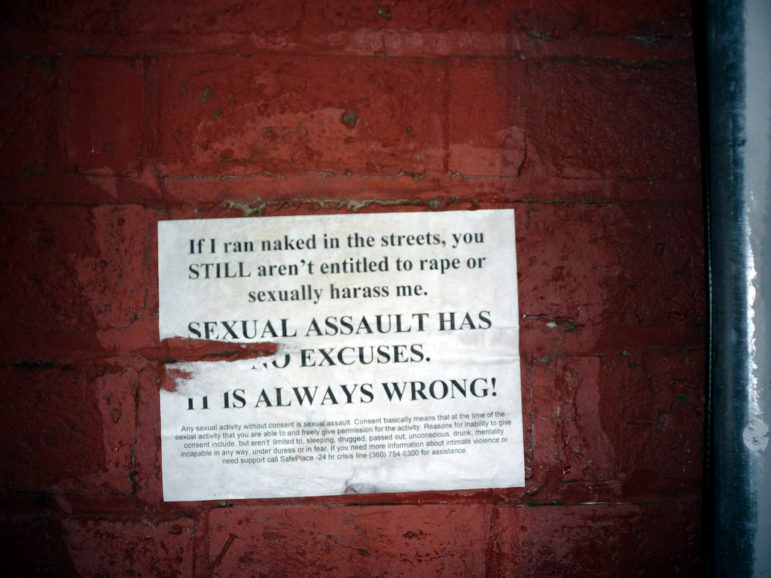
July 15, 2016; Inside Higher Ed
A statement recently released by the National Women’s Law Center (NWLC) and signed by more than 80 other groups defends the U.S. Department of Education’s 2011 guidance on how schools must comply with Title IX and work to reduce sexual violence and assaults. This open letter was crafted as a rebuttal to critics who for months have rebuked the Education Department over the guidance, accusing the department’s Office for Civil Rights of overstepping its bounds in relation to rulemaking and violating due process rights of students accused of sexual assault. The NWLC letter dismisses both of these arguments and defends the actions of the Department of Education.
Some advocacy organizations, law professors and legislators claim that the department violated the Administrative Procedure Act by issuing guidance documents without going through a formal notice-and-comment process. They also allege that grievance procedures outlined in the 2011 sexual violence guidance violate due process rights of students accused of sexual assault. Both of these arguments are without merit.
Sign up for our free newsletters
Subscribe to NPQ's newsletters to have our top stories delivered directly to your inbox.
By signing up, you agree to our privacy policy and terms of use, and to receive messages from NPQ and our partners.
The issue in relation to rulemaking is whether the 2011 letter issued by the Department of Education (or “Dear Colleague” letter, as it’s commonly known) provides new guidance or new rules. The purpose of the letter, according to the Department of Education, is to provide guidance to help schools become fully compliant with the law and not issue new rules. However, critics including Republican Senators and law professors (including 28 Harvard Law professors) state that the letter does represent new rules and not just guidance, and therefore must follow the process for introducing rules as outlined in the Administrative Procedures Act. (The APA mandates that new federal agency rules must follow a formal process that includes notice and a comment period. Under longstanding practice, federal agencies post new and revised rules and receive and respond to comments via the Federal Register.)
The NWLC letter also commends the Department of Education for its efforts in helping to reduce sexual assaults in schools by enforcing Title IX via guidance documents. Recent sexual violence scandals involving false or discredited charges have spurred schools, colleges, and universities to identify better ways to address this issue.—Lauren Miltenberger













